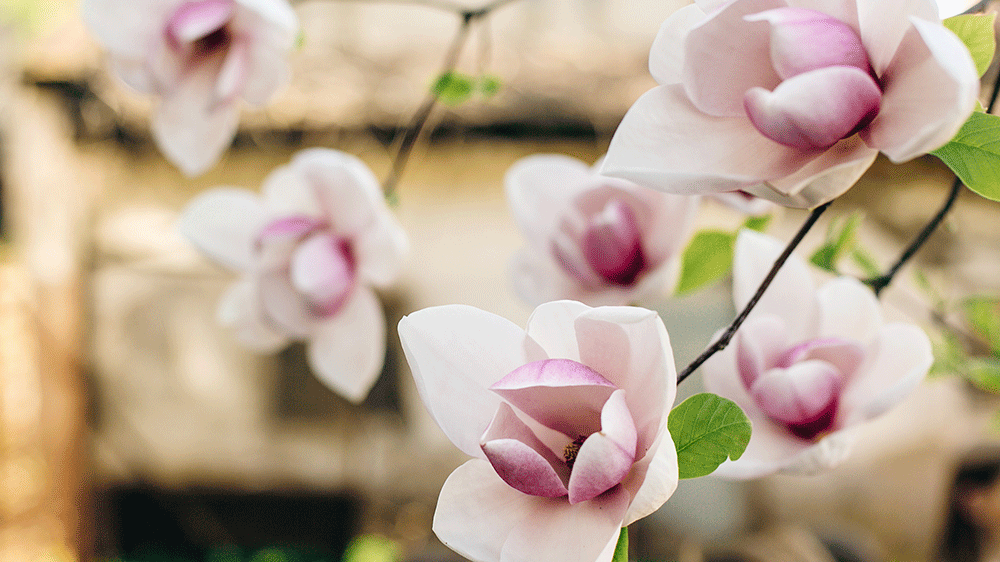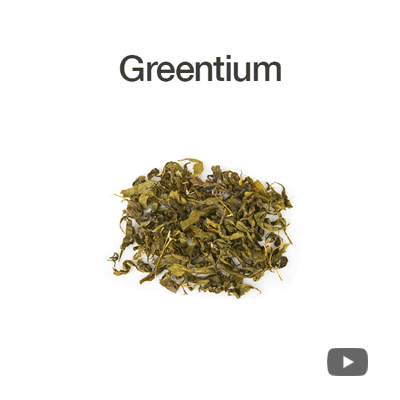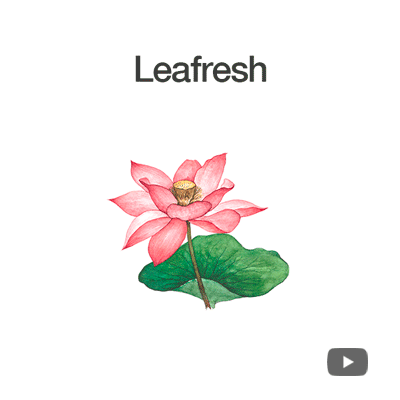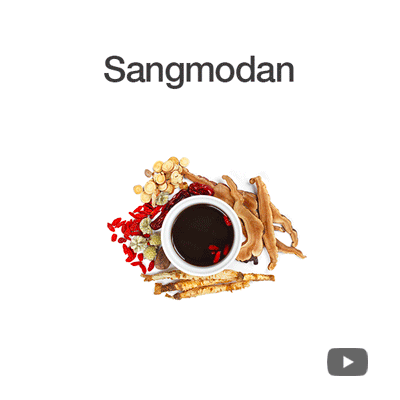Magnolia Bud Extract
#magnolia #anti-oxidant #anti-bacterial

- INCI Name
- Magnolia Liliflora Bud Extract
- IECIC Name
- MAGNOLIA LILIFLORA BUD EXTRACT
- Efficacy
- Anti-microbial, Anti-aging, Anti-oxidant
- Certification
-

Magnolia liliflora is a small tree native to southwest China. Known by various names, such as Mulan magnolia, red magnolia, lily magnolia, and Jane magnolia, it grows in Korea, China, and Japan, where it is used as oriental medicine due to its anti-bacterial, anti-inflammatory, and anti-carcinogenic effects. In Korea, the flowers of M. liliflora have been drunk as tea and used in alcoholic beverages to treat cold, rhinitis, and other disorders in respiratory system. The flower buds are taken before they bloom, dried in the shadow, and used as oriental medicine for swelling, rhinitis, and improvement of eyesight.
There are not many scientific research studies conducted on the beneficial effects by M. liliflora. It is reported that the extracts from M. liliflora showed anti-bacterial and anti-oxidant properties. It is also reported that the flowers showed anti-oxidant effect due to its content of phenolic compounds, and M. liliflora contained the highest total polyphenol compounds among the species in Magnolia.
- Recommended Product
-
 #green tea #well-aging #anti-aging Greentium
#green tea #well-aging #anti-aging GreentiumAspergillus/Camellia Sinensis Leaf Ferment Extract
-
 #3 leaves #anti-microbial #anti-oxidant Natural DO
#3 leaves #anti-microbial #anti-oxidant Natural DOChamaecyparis Obtusa Leaf Extract, Eucalyptus Globulus Leaf Extract, Pinus Densiflora Leaf Extract
-
 #lotus leaf #anti-pollution #anti-senescence Leafresh
#lotus leaf #anti-pollution #anti-senescence LeafreshNelumbo Nucifera Leaf Extract
-
 #11 TKM plants #anti-oxidant #hair growth Sangmodan
#11 TKM plants #anti-oxidant #hair growth SangmodanSophora Flavescens Root Extract, Capsicum Annuum Fruit Extract, Lycium Chinense Fruit Extract, Camellia Sinensis Leaf Extract, Angelica Gigas Root Extract, Angelica Dahurica Root Extract, Rubus Coreanus Fruit Extract, Morus Alba Root Extract, Pinus Palustris Leaf Extract, Lithospermum Erythrorhizon Root Extract, Polygonum Multiflorum Root Extract
- Product Inquiry







